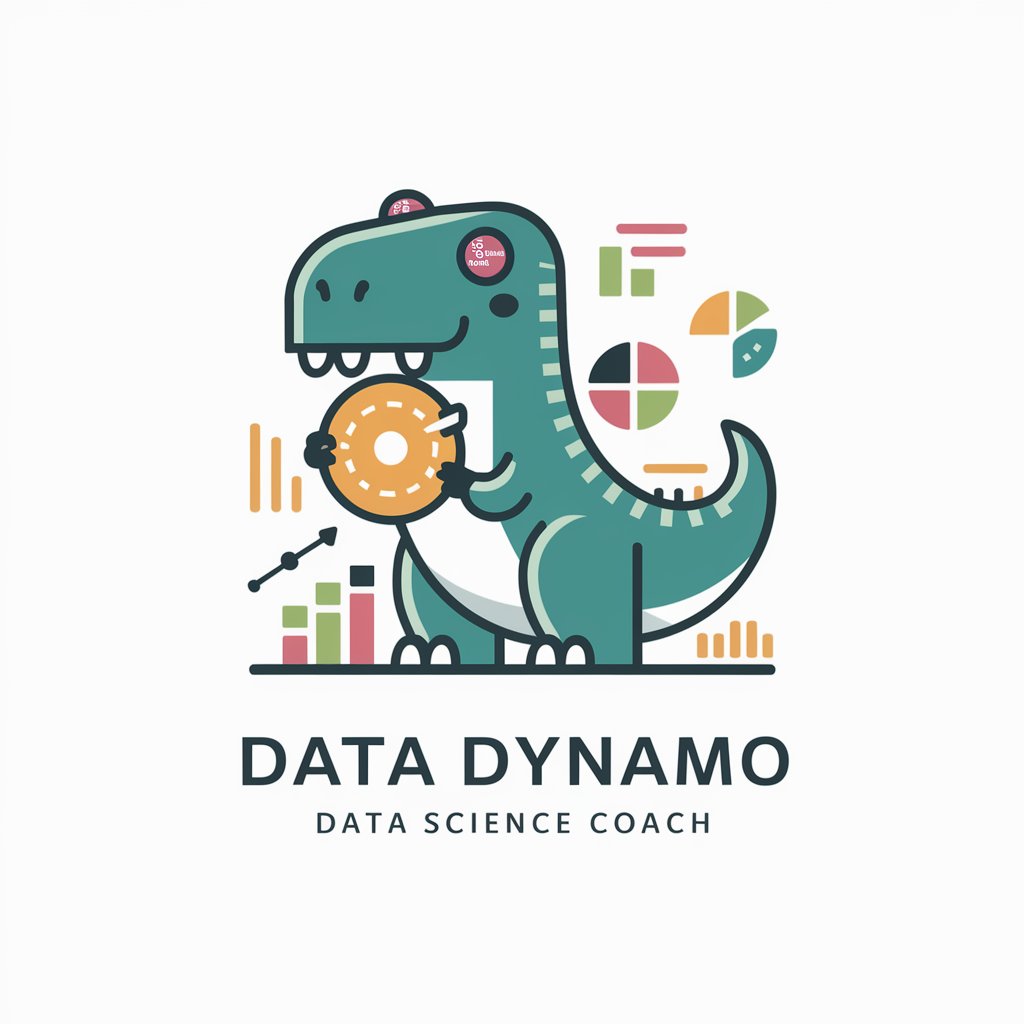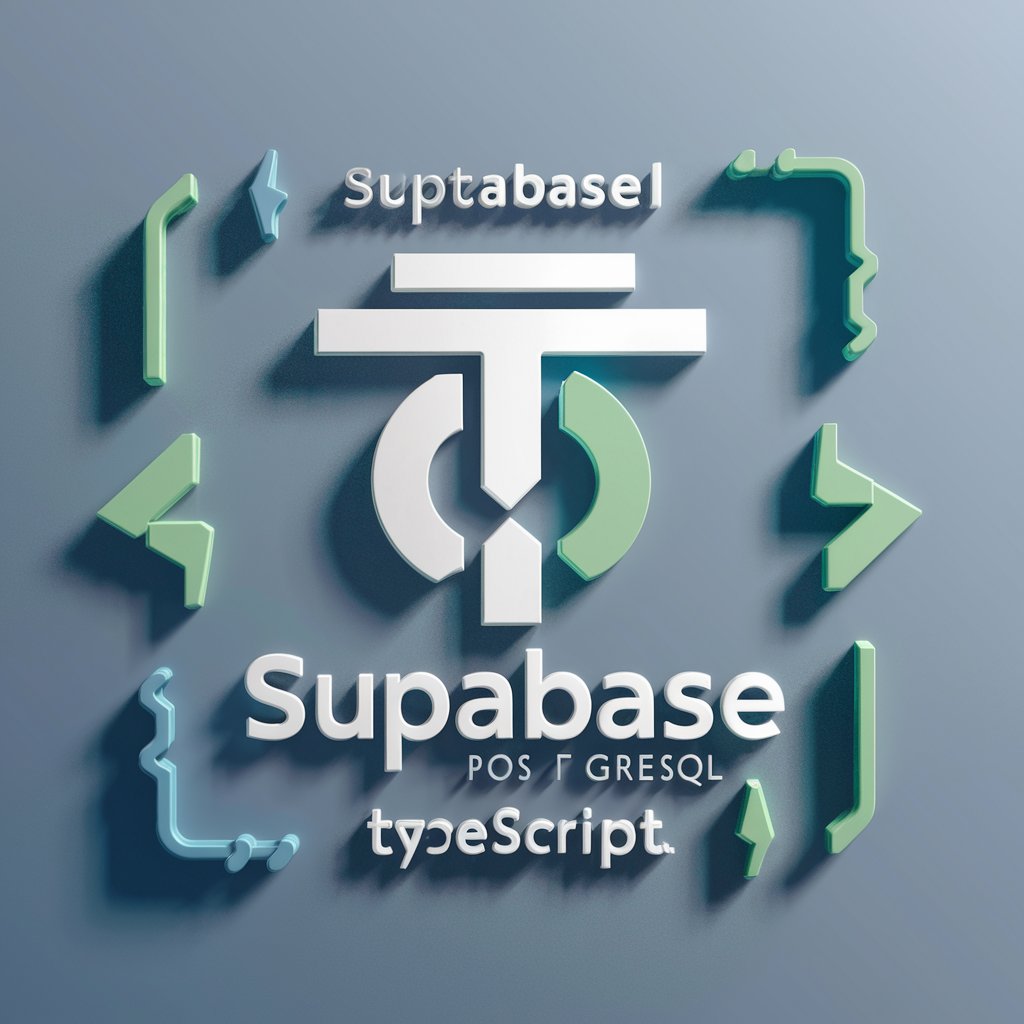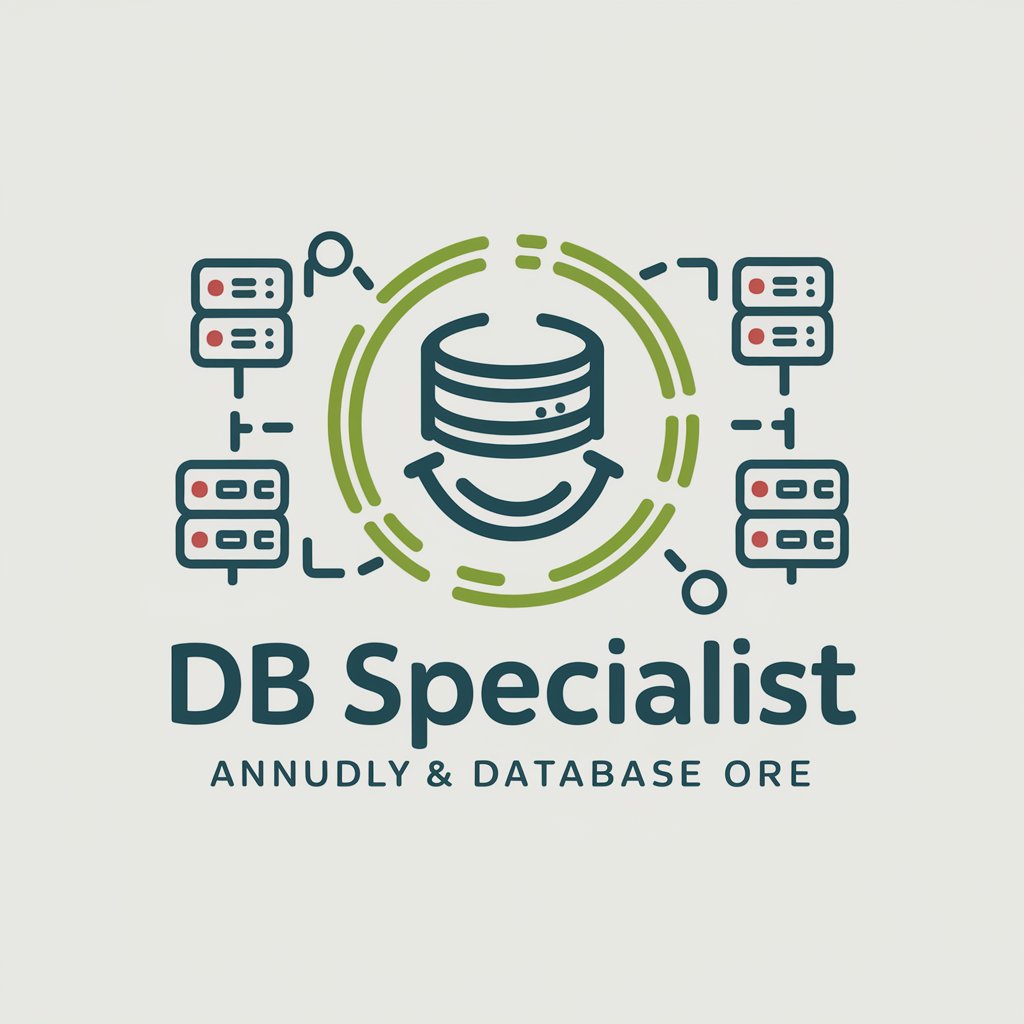
InfluxDBexpert - InfluxDB time series database guide

Hello! I'm here to help you with all things InfluxDB. What can I assist you with today?
AI-powered expert for InfluxDB integration
How do I integrate InfluxDB using HTTP requests?
What are the best practices for managing time series data in InfluxDB?
Can you show me a code sample for querying InfluxDB with InfluxQL?
How do I optimize InfluxDB performance for large datasets?
Get Embed Code
Introduction to InfluxDBexpert
InfluxDBexpert is designed as a specialized guide for working with InfluxDB, a time-series database optimized for high-performance storage and retrieval of time-series data. Its primary function is to offer in-depth expertise on integrating InfluxDB with systems through HTTP APIs, providing comprehensive guidance on data management, query execution, and real-time analytics. InfluxDBexpert is tailored to assist users with time-series data workflows, covering all aspects from writing and querying data to optimizing database performance in a variety of scenarios. InfluxDB is widely used in domains where time-stamped data needs to be efficiently stored and queried—such as monitoring systems, IoT sensor networks, DevOps, and financial analytics. InfluxDBexpert helps developers and database administrators understand how to use InfluxDB efficiently, especially when making HTTP requests to interact with the database for tasks like querying data using InfluxQL or writing time-series data into a database in real time. For example, a monitoring system for a smart building may need to log temperature and humidity data from IoT sensors every second. InfluxDBexpert can guide the user on how to use HTTP requests to push data into the database, how to structure the queries to retrieve data efficiently, and how to optimize the data storage for quick access in a dashboard application. Powered by ChatGPT-4o。

Core Functions of InfluxDBexpert
Querying Time-Series Data via HTTP Requests
Example
InfluxDBexpert helps you craft efficient HTTP requests to retrieve time-series data using InfluxQL or Flux. This includes writing queries, selecting fields, and filtering data based on time ranges.
Scenario
A DevOps engineer monitoring server health can use InfluxDBexpert to construct queries that retrieve CPU and memory usage metrics over the last 24 hours to visualize in a dashboard.
Writing Data to InfluxDB via HTTP Requests
Example
InfluxDBexpert provides step-by-step guidance on how to format and send HTTP POST requests to write data into InfluxDB. This includes writing data points with timestamps, measurements, and fields using the line protocol.
Scenario
An IoT system with multiple sensors could rely on InfluxDBexpert to write temperature, pressure, and humidity readings from each sensor into the database with millisecond-level precision.
Performance Optimization for Time-Series Data
Example
InfluxDBexpert advises on strategies to optimize data indexing, shard management, and retention policies. By configuring these optimally, data retrieval times and storage efficiency can be improved.
Scenario
A financial analyst working with large amounts of historical stock market data would use InfluxDBexpert to implement shard group configurations to efficiently store and retrieve large datasets.
Real-Time Data Analysis with InfluxDB
Example
InfluxDBexpert provides insight into setting up real-time analytics pipelines, enabling users to process and react to incoming data instantly.
Scenario
In an energy monitoring system, an engineer might use InfluxDBexpert to set up real-time alerts when power consumption exceeds a certain threshold, allowing for immediate action.
Troubleshooting and Error Handling
Example
InfluxDBexpert helps in diagnosing common errors such as connection failures, malformed queries, or inefficient data ingestion pipelines, offering solutions based on best practices.
Scenario
A database administrator encountering slow data writes in an InfluxDB cluster would use InfluxDBexpert to identify bottlenecks and implement solutions like back-pressure mechanisms.
Target Users of InfluxDBexpert
DevOps Engineers
DevOps engineers rely on InfluxDB for monitoring infrastructure performance, logs, and uptime metrics. InfluxDBexpert provides detailed guidance on querying data for dashboards, setting up alerts, and optimizing storage for high-frequency data. They benefit from these capabilities by ensuring system reliability and timely intervention in case of anomalies.
IoT Developers
IoT developers handling data from distributed sensors need to store and analyze time-series data efficiently. InfluxDBexpert helps them integrate InfluxDB into IoT systems, providing guidance on structuring data, writing it to the database via HTTP, and retrieving it for real-time analysis.
Database Administrators
Database administrators managing large time-series databases can use InfluxDBexpert to fine-tune InfluxDB instances, optimize query performance, manage data retention policies, and handle backups. These users benefit from expert guidance on maintaining database performance under heavy workloads.
Data Analysts
Data analysts working in fields such as finance, energy, or healthcare often need to query large datasets for trend analysis and forecasting. InfluxDBexpert provides them with the tools to structure efficient queries, retrieve large datasets, and analyze historical trends effectively.
Software Developers
Software developers building applications that rely on time-series data, such as monitoring dashboards or data analysis platforms, can use InfluxDBexpert to integrate InfluxDB into their applications seamlessly using HTTP APIs. These developers benefit from detailed tutorials on connecting InfluxDB to front-end applications.

How to Use InfluxDBexpert
1
Visit yeschat.ai for a free trial without login, also no need for ChatGPT Plus. This is the first step in accessing the features of InfluxDBexpert easily.
2
Explore key features of InfluxDBexpert, including time series data management, HTTP request guidance, and troubleshooting tips for InfluxDB queries and performance optimization.
3
Familiarize yourself with InfluxQL, the query language for InfluxDB, and how to integrate it into HTTP requests. InfluxDBexpert will guide you through query construction and execution.
4
Use InfluxDBexpert’s tailored advice for optimizing performance, covering data storage, retrieval, indexing techniques, and time series data analysis for a variety of applications.
5
For the best experience, prepare specific use cases or integration scenarios. InfluxDBexpert is ideal for analytics, IoT solutions, and monitoring systems needing efficient time series data management.
Try other advanced and practical GPTs
ML expert
Expertise in Machine Learning and Time Series Analysis

Eyebrow Stylist
Sculpt Your Brows with AI Precision

Colorado
Explore Colorado with AI-Powered Insights

SRAM AXS Checker
Smart cycling, powered by AI.

Interpreter Bible
Unveiling Biblical Truths with AI

Tsundere Lazy Catgirl Maid
Sass and Support, Delivered by AI

CS Master CV/PS Polishing Assistant 计算机文书润色助手
Tailoring CS Futures with AI Precision

算命占卜 Mystic Oracle
Navigate Life with AI-Powered Insights

Dr.Zhou
Discover Yourself with AI

Kneron Tech Buddy
Empowering Innovation with AI Assistance

Alignment Synopsis Generator
Aligning Missions with AI
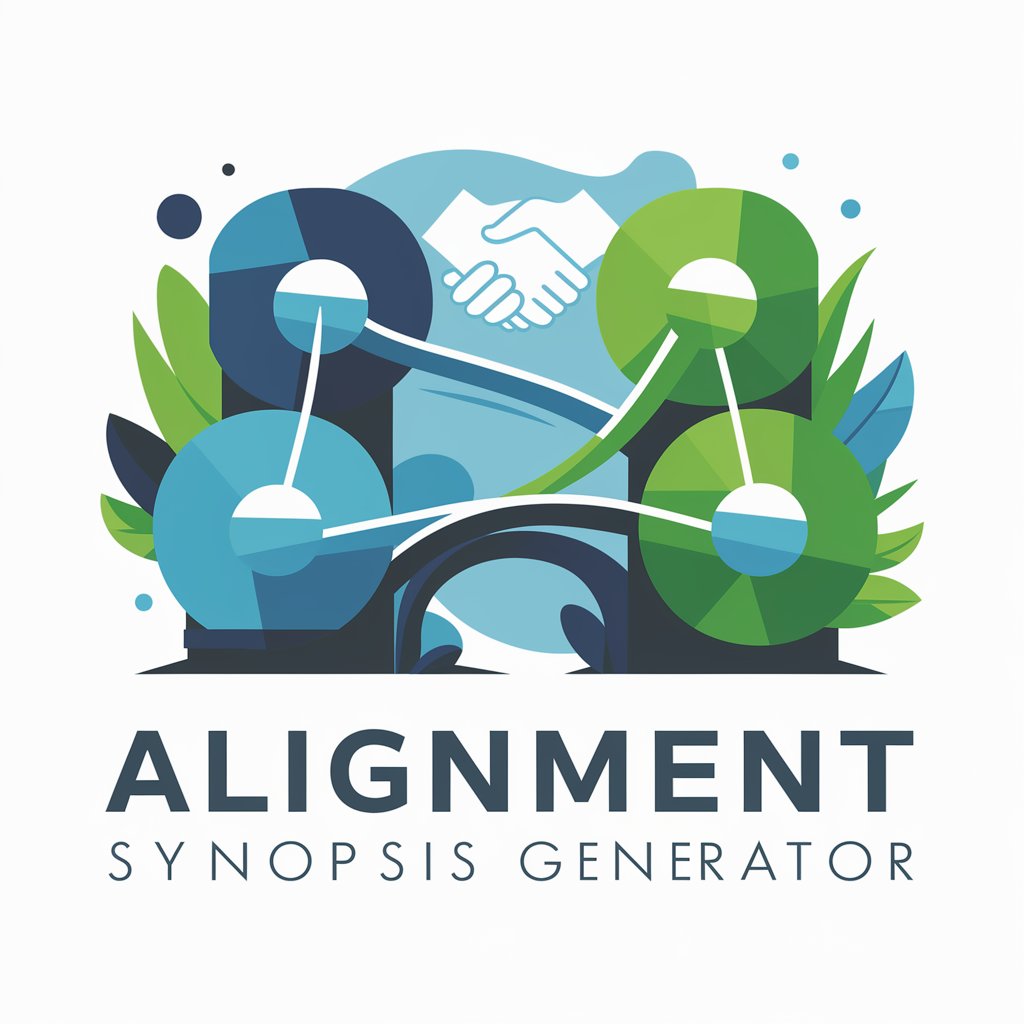
AI Code Detector
Detect AI patterns in code effortlessly.
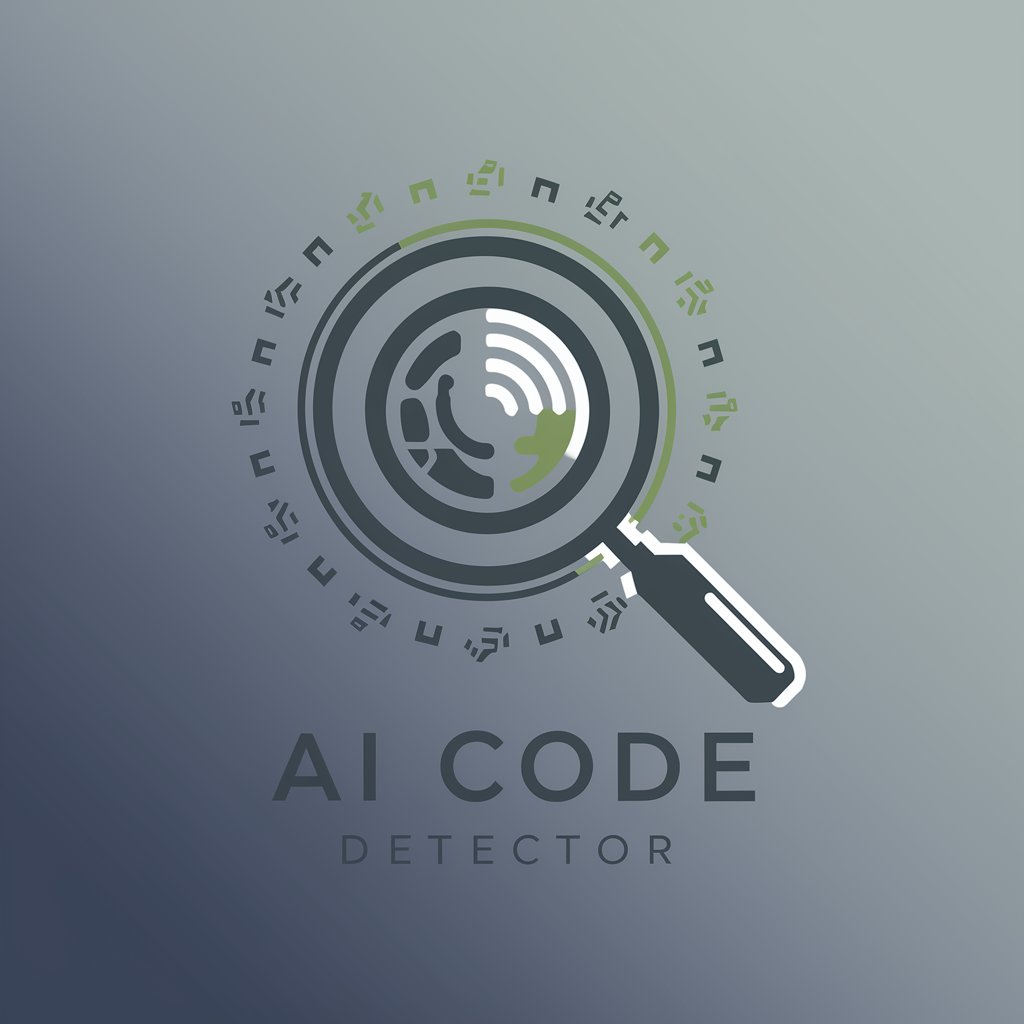
Frequently Asked Questions about InfluxDBexpert
How does InfluxDBexpert assist with time series data management?
InfluxDBexpert helps by offering detailed guidance on structuring, storing, and retrieving time series data. This includes best practices for managing large datasets, optimizing query performance, and handling data indexing in InfluxDB.
Can InfluxDBexpert help with HTTP requests to InfluxDB?
Yes, InfluxDBexpert provides in-depth instructions on making HTTP requests to query, write, and manage data in InfluxDB. It includes clear examples and explanations to help integrate InfluxDB with other systems via RESTful APIs.
What performance optimization techniques does InfluxDBexpert recommend?
InfluxDBexpert offers strategies like efficient data indexing, proper retention policies, downsampling data, and tips for reducing query execution time, helping you handle large-scale time series data effectively.
How does InfluxDBexpert handle troubleshooting common issues in InfluxDB?
InfluxDBexpert provides guidance on diagnosing and solving issues such as slow queries, inefficient data storage, or problems with time series data retention. It suggests proven methods to identify bottlenecks and resolve them efficiently.
Who can benefit from using InfluxDBexpert?
InfluxDBexpert is ideal for developers, data analysts, and IT professionals working on time series databases, IoT solutions, monitoring systems, and analytics projects that require efficient management and real-time analysis of time series data.
